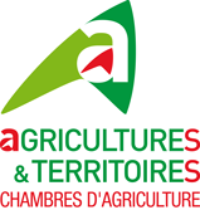Document type: article published in SeafoodSource
Author: Nicki Holmyard
Preview: Each year, 420 million individual prawns, shrimps, lobster, langoustine, and crab are caught in the United Kingdom and a further five billion are imported, worth a combined GBP 670 MILLION (USD 797 MILLION, EUR 754 MILLION).
With the sentience of decapod crustaceans recently recognized in U.K. law through the 2021 Animal Welfare (Sentience) Act the non-governmental organization Crustacean Compassion has taken the lead in pushing to use the law to improve the welfare of decapod crustaceans, including crayfish, crab, lobster, and shrimp throughout the food supply chain.
The inclusion of crustaceans as having protection under the law came following a government-commissioned review by the London School of Economics of 300 scientific studies, which concluded cephalopods and decapods are sentient and feel pain.
However, according to Crustacean Compassion Director of Development Claire Howard, despite the law, crustaceans in the U.K. still have little to no protection during capture, storage, handling, and slaughter. Howard's organization is fighting against nontherapeutic procedures performed on crustaceans, such as eyestalk ablation to improve egg production in female prawns, declawing in crabs, nicking or notching of lobster tails, and live de-tailing and boiling.
A new study from the organization, entitled "The Snapshot" found many U.K. companies dealing in seafood did not have any formal policy related to crustacean welfare, and for those that did, their scope was often limited and prioritized farmed species such as warm-water prawns over wild-caught animals.
The study evaluated 30 U.K. seafood companies to assess their management and reporting practices and found that half had developed formal policies on some aspect of decapod crustacean welfare. However, of those, just 30 percent of the measures were deemed sufficient to ensure the policies were consistently and effectively implemented. Only two companies had universal decapod welfare policies that apply to all geographies, species, and products. And only one company was promoting its practices.






